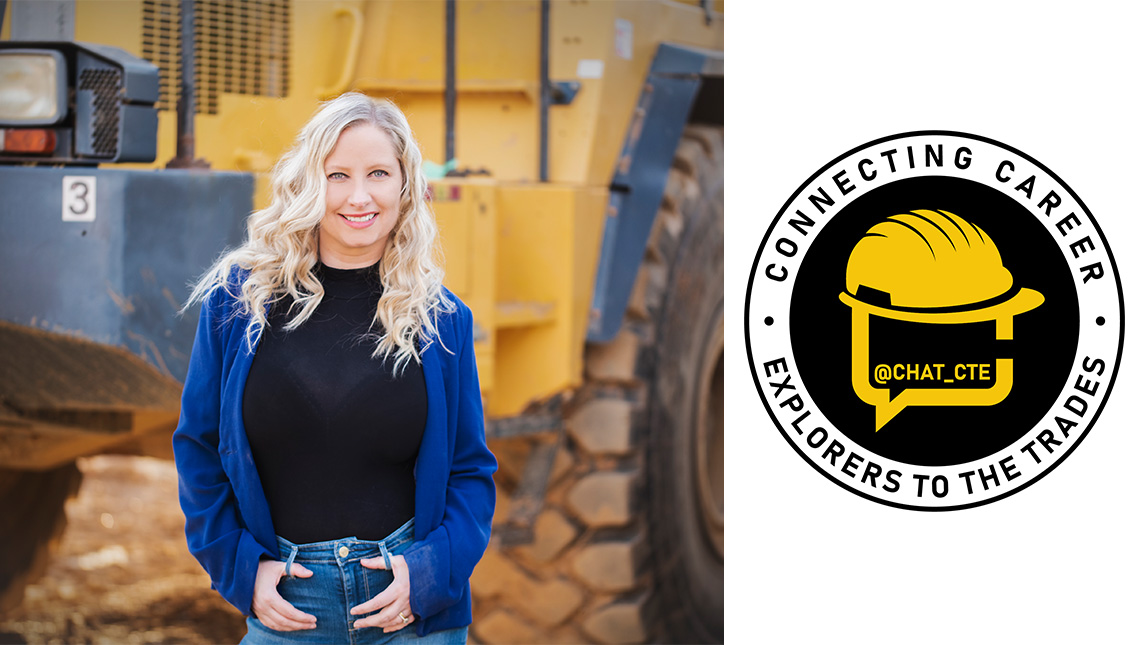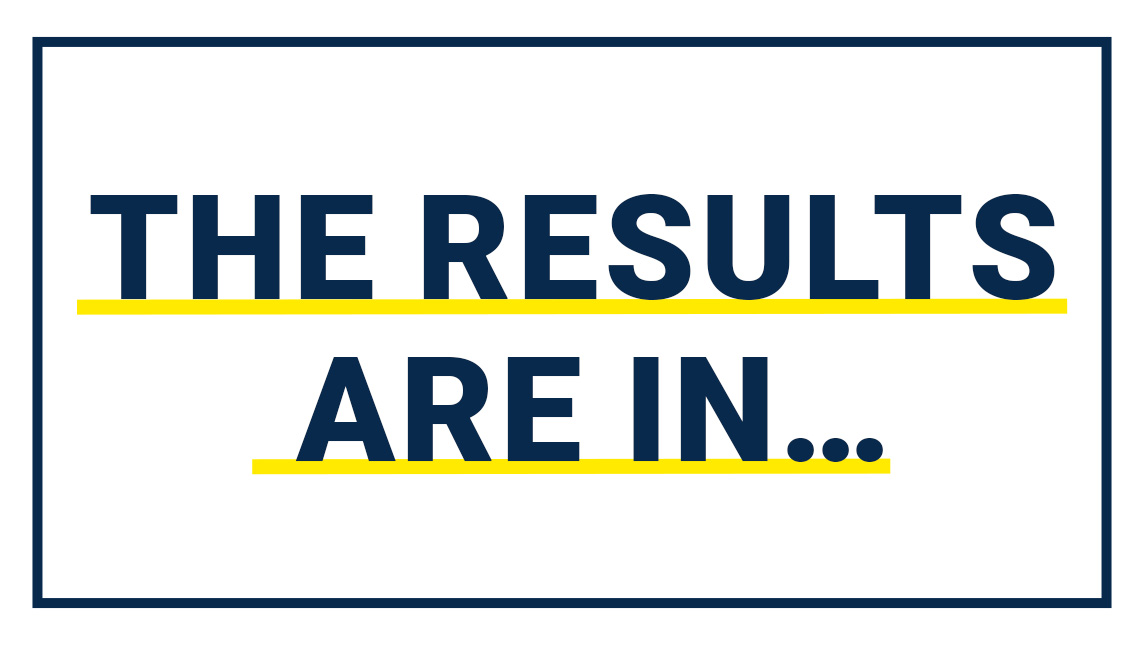
The National Academy of Public Administration President & CEO Terry Gerton hosts a podcast called Management Matters. This month the topic is “How Philanthropies Connect Individuals to Meaningful Work,’’ and Terry’s guest is Robin Kramer, managing director of The Smidt Foundation. Harbor Freight Tools for Schools is a program of The Smidt Foundation. Robin recently joined NAPA as an academy fellow.
While we encourage you to listen to the whole podcast, some highlights are below:
Terry started out by asking Robin about her career in Los Angeles politics. Robin was the first woman to serve as chief of staff for the mayor of Los Angeles, a job she ended up doing twice, first with Mayor Richard Riordan and later with Mayor Antonio Villaraigosa.
On Robin’s mayoral chief of staff role:
At 1:29
“The role is three words: Make everything work,’’ Robin says. “There’s really all kinds of roles. There’s the role of connecting the dots of leadership, connecting the mayor’s priorities for the city with the plans to achieve them and seeing to it there is excellence in execution…
There’s the listening role. The ears wide open. Oftentimes when you are the chief of staff of anything, you have a yell-ee role…Most of all, it’s the make everything work role. In city government in particular it’s having the capacity to react thoughtfully and to be proactive wisely.’’
The role of local government and its effectiveness
At 9:03
“Effectiveness comes from this wild but doable combination of citizen engagement, of ethical leadership, of a sense of urgency….and a willingness, a desire to believe that compromise is a beautiful thing, not an ugly thing…The choice is to do something and to start and to make sure that the voices of communities that have been not heard or unengaged are included at the front end.’’
What role does philanthropy have in working effectively with the public sector?
At 11:00
“One of the challenges is that folks in philanthropy, folks in government, don’t always know each other. They have ideas about each other, even though they are sort of in the same business. We’re both there to you know lift up community life and change lives.’’
And
At 13:28
“Foundations have a responsibility and an opportunity to lift up the voices of those that haven’t been heard, those who are vulnerable and who are working very hard at community change and uplift as they see it, to uplift justice where they see gaps. Sometimes these dissonant voices, and voices of criticism and demand annoy people in government very much, but that’s part of the beauty of our democracy.’’
Unemployment in Los Angeles
At 18:35
“There is no system of workforce development here, if you think about a system as being user friendly, accessible, seamless, effective. There are many islands, many oases in this kind of desert or chaparral. But there’s not a user-friendly obvious system. There were gaps before and they were.…made awfully evident and pernicious because of COVID.’’
Meaningful Work
At 25:43
“We think about meaningful work as work that pays a family wage… is fulfilling… where a person could say this is my work, whatever it is, and I make a difference.’’
Why Did Harbor Freight Tools for Schools Get Started?
At 27:00
“There are literally millions of jobs in our country sitting vacant because for lack of skilled work, and yet there’s a lot of rhetoric about the virtue of hard work and what built our country. There’s some kind of gaps here.’’
At 28:19
“What could be a solution to the gap between the need for skilled workers and their opportunities and the lack of a pipeline that might lead there or give students a chance to experience what modern shop craft is like, not some version of the old, nuanced, dirty, racist, for someone else’s kid, kind of version. That’s how we began.’’
At 29:51
“We started by listening. We listened to teachers in the skilled trades in public high schools. We asked them what their life was like, what their students were like, how they learned, how they recruited…what the challenges to the sector were, if and how they connected to jobs and industry leaders.”
What did you learn from the research you commissioned?
At 33:51
“The survey research showed incredible, like 70, 80 percent, respect, support for the skilled trades in public high schools, incredible strong agreement about their value and it came on both sides of the aisle, urban and rural, men and women.
What policy do you want to see related to a federal infrastructure building and the national economic recovery?
At 37:41
“As a city person…I think that flipping the paradigm would be a beautiful thing…this is my own view, only…Instead of having a federal policy with a national infrastructure and many different layers of bureaucracy…why not start with examples of not just shovel ready, but a new definition of shovel ready that comes from locales, with flexibility from the federal government, flexibility and speed. That would make a huge difference…If there are federal dollars involved good wages are paid…So all else follows. But if there’s not thoughtful training connects, whether it is place based, poverty based, community based, we’d miss a huge and real opportunity beyond the rhetoric.’’

